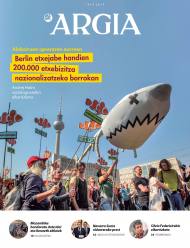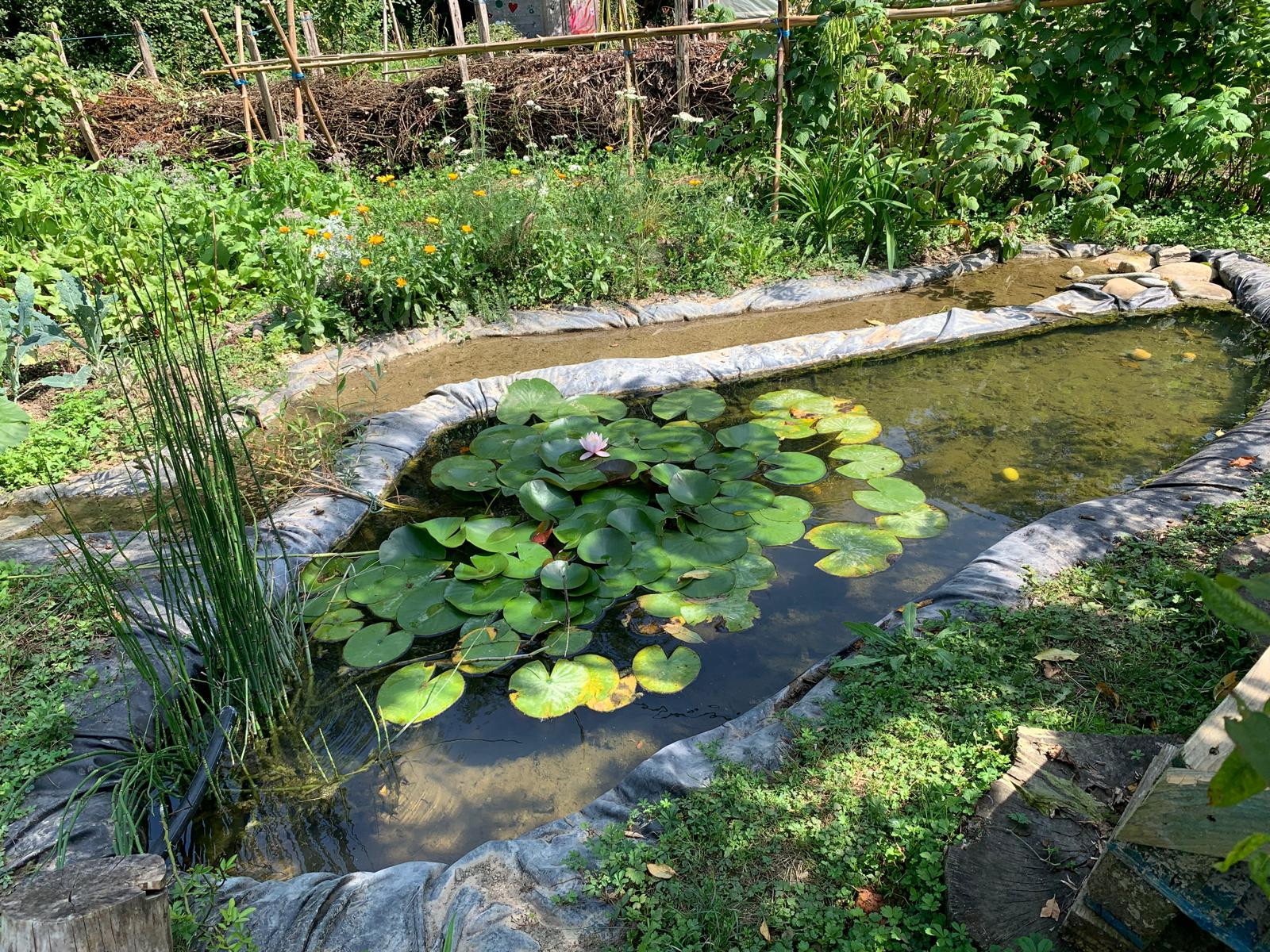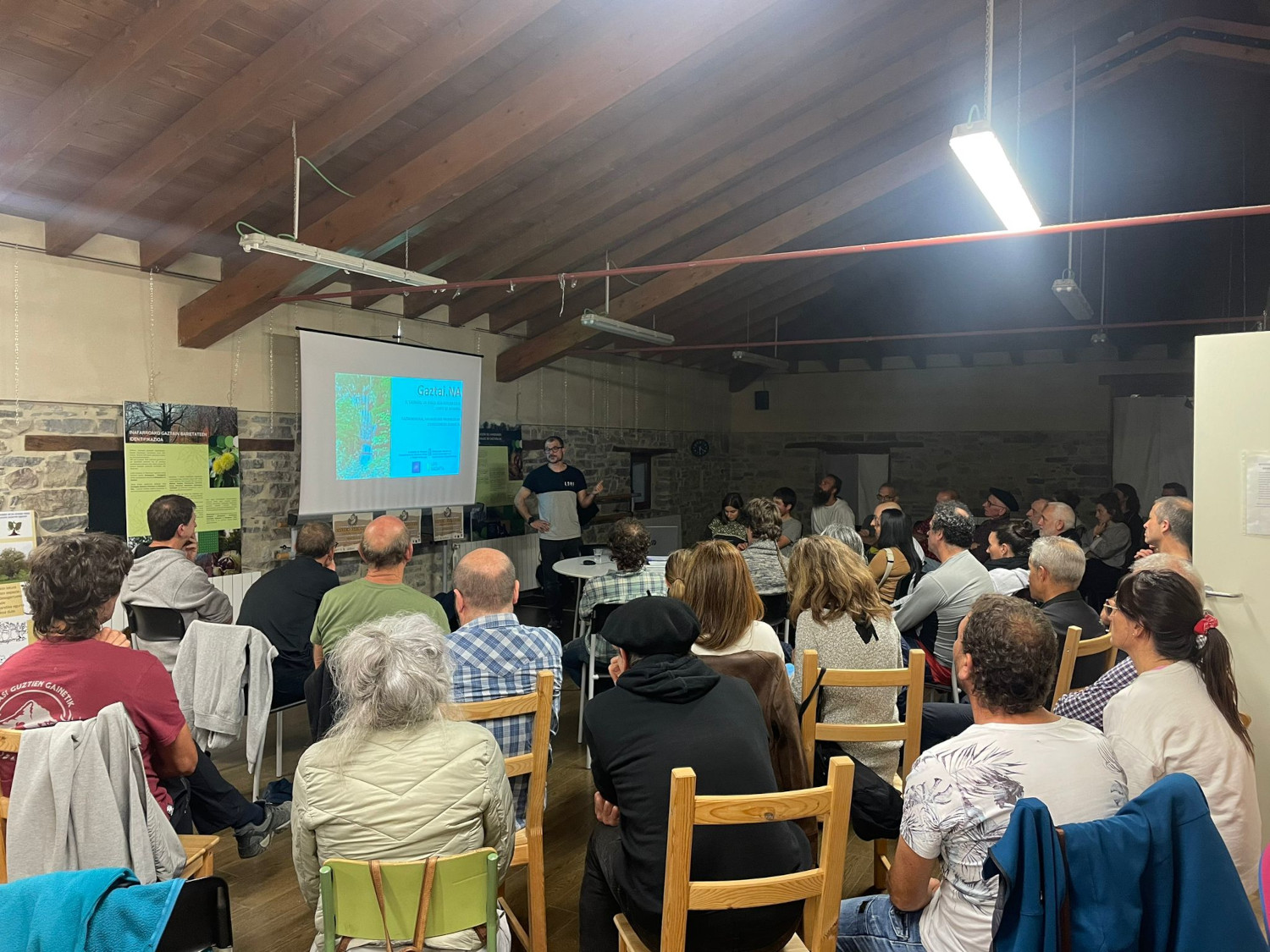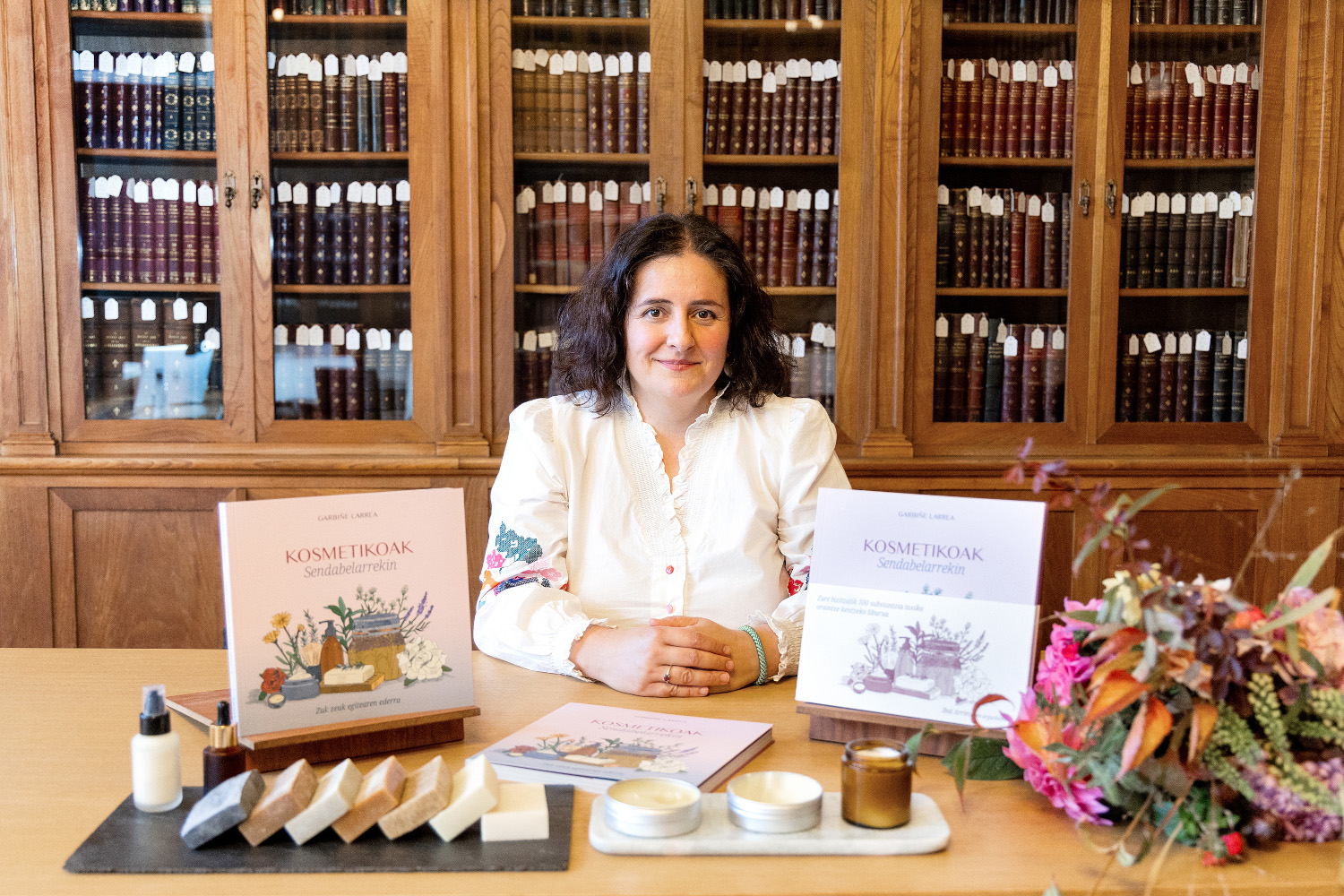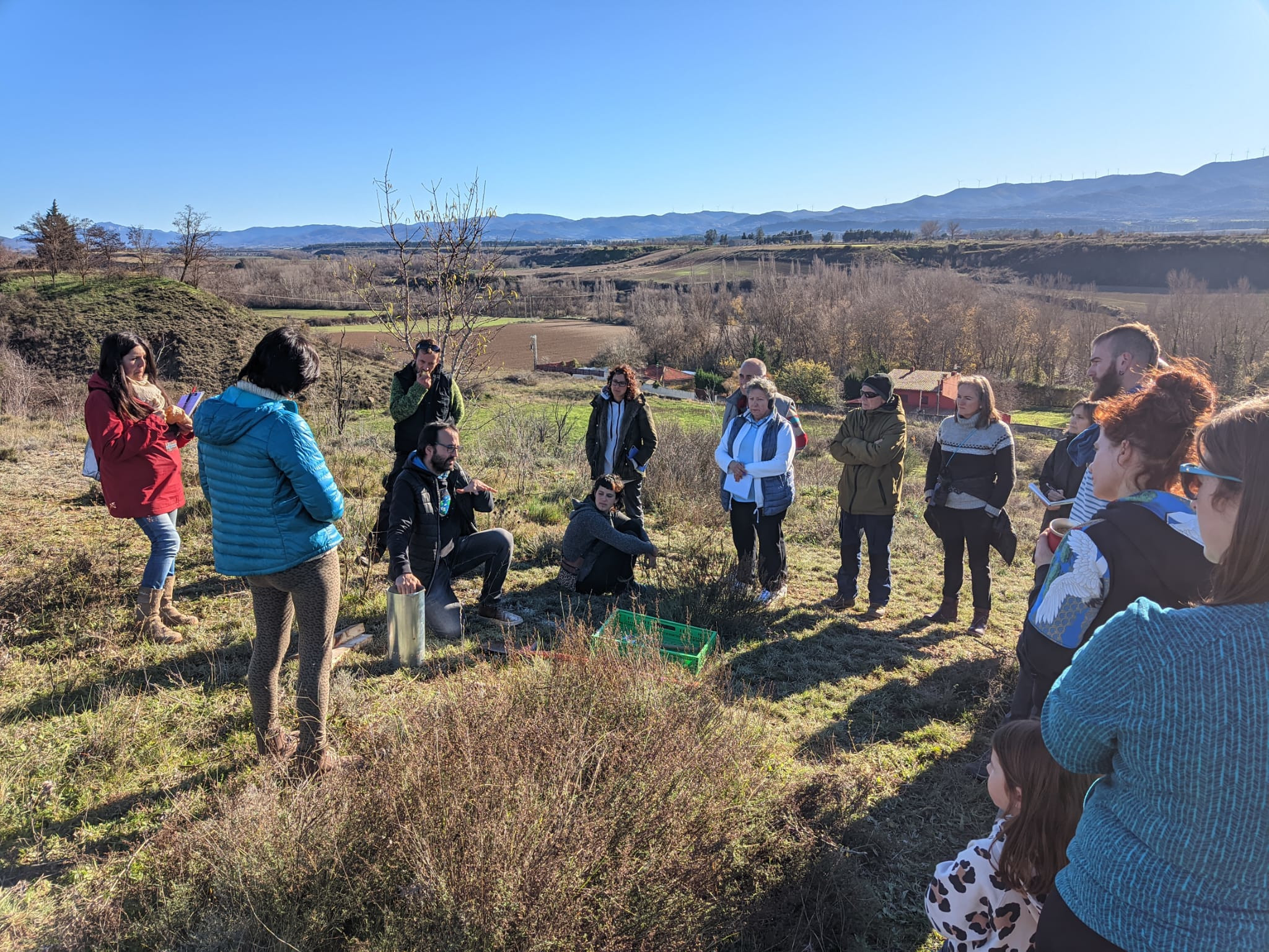The first meetings of school gardens in Pamplona arrive

On May 16, the first meetings between the school gardens of the capital will be held at the Museum of Environmental Education in Pamplona. The initiative is aimed both at students and teachers of Early Childhood and Primary Education, and in addition to schools that are part of the municipal school gardens program, other schools in the County of Pamplona and beyond have also been invited. “It will be a simple initiative, as this is the first time we have organised something like this,” explained Gurutze Santxo, a technique from the Environmental Education Group of Pamplona.
Learning from the experiences of others
“On the occasion of the second course of the school gardens project in Pamplona, it seemed important to us to open a space for the exchange of experiences for both these centers and those outside the project,” says Santxo. The main objective of the encounters is to learn from each other's experiences and gather ideas. Students and faculty will work in separate groups at the beginning of the dynamic to share with each other all the ideas that emerge next.
“It’s enriching to know what they’re doing in another center, what works or what difficulties they’ve had,” said the technician. In fact, the project’s drivers are convinced that school orchards contribute a great deal to the children’s learning process, but they often think that not all the possibilities offered by the garden at school are known and exploited. The challenge is to delve into these broad possibilities, extract the juice from the orchards.
Program promoted from the City Hall
Last year the Pamplona/Iruña school orchards programme was launched. Despite the fact that several schools in the city had already set up their gardens, the City Hall then launched an offer to the new schools: last year a pilot experience with two schools was launched, and in view of the success, the call for this course has been extended and four other centers have been added: The first two centers were the public of Errotxapea and San Jorge, followed by those of Doña Mayor, García Galdeano, Mendillorri and Mendigoiti.
Santxo states that school orchards are a resource to work environmental education with children: the first step is to have a positive experience with nature. In addition, the garden allows many contents to work: biology, mathematics, languages… “In addition, considering that in many centers the entire patio is concrete, there is also a way to make schools more friendly,” he added.







